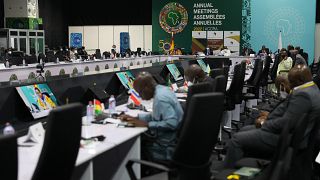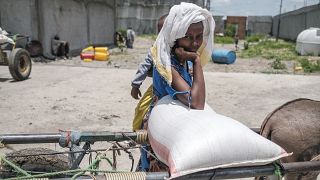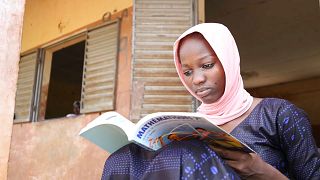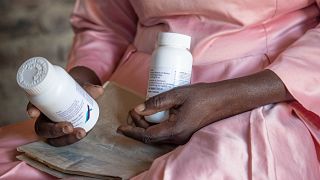USA
**A United Nations Human Development index published Thursday revealed that for the first time since over 30 years, crises among which Covid-19, set human progress back five years and fueled a global wave of uncertainty. The reversion impacts more than 90 % of countries.
**
For the first time since the Human development index, was created over 30 years ago; it has declined for two years straight. The index measures countries' life expectancies, education levels, and standards of living. The UN Development Program (UNDP) announced, Thursday, human progress had set back 5 years by crises.
"We are now for the second year running, seeing a global reversal in human development and it's happening in nine out of 10 countries, Achim Steiner, the administrator of the United Nations Development Programme (UNDP) said. So that gives you a sense of quite how significant the impact of multiple crises coming together is on human wellbeing across the world. We die earlier, we are less well educated, and our incomes are going down. Just under three parameters, you can get a sense of why so many people are beginning to feel desperate, frustrated, worried about the future."
The report titled "Uncertain times, unsettled lives: Shaping our Future in a Transforming World," points to the Covid-19 cris as a major driver of the global reversion.
Setback impacting more than 90% of countries
Apart from the pandemic, a number of crises including the war in Ukraine and global climate shocks, have not allowed time for many populations to recover. "We are seeing the impact of climate change play out before our very eyes, disrupting lives, disrupting economies, Steiner painted. That's why the report is honing in on this challenge of a moment of uncertainty and an uncertainty complex we're dealing with. Yes, we've had disasters before we've had conflicts before. But the confluence of what we're facing right now is a major setback to human development."
The study strikes a positive note saying that improvements could be made by focusing on 3 main areas: investments in renewable energy and preparation for future pandemics, insurance to absorb shocks, and innovations to strengthen the capacity to cope with future crises.
The administrator of the New York-based UN agency urges to put the focus on economic and societal transformations: "Low carbon, less inequality, greater sustainability, regenerative economies, circular economies, rewarding recycling, so that materials get reused, less waste. If you can introduce these metrics into our fiscal policies, how we tax how we perhaps subsidize the kind of research we promote, then the transitions in our economies are perfectly possible."
Out of one hundred ninety one countries ranked in the Human development index, Switzerland, Norway and Iceland remain at the top. South Sudan, Chad and Niger sit at the bottom.













01:46
G20 members hope to reach consensus on global financial reforms at Durban meeting
01:07
Only 35% of sustainable development goals on track to meet target, UN says
01:39
Liberia's health sector stares at a crisis as USAID comes to an end
01:23
USAID officially shuts doors, American government announces
01:39
Sustainable development financing conference opens in Seville
01:42
Gaza residents welcome rare organized aid delivery after months of chaos and hunger